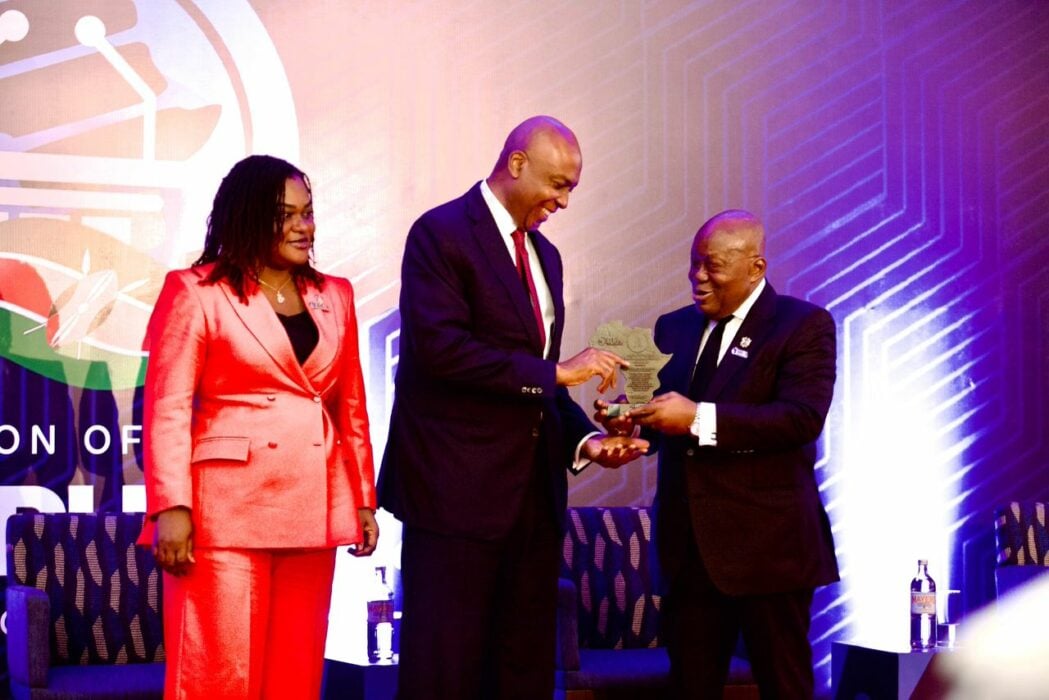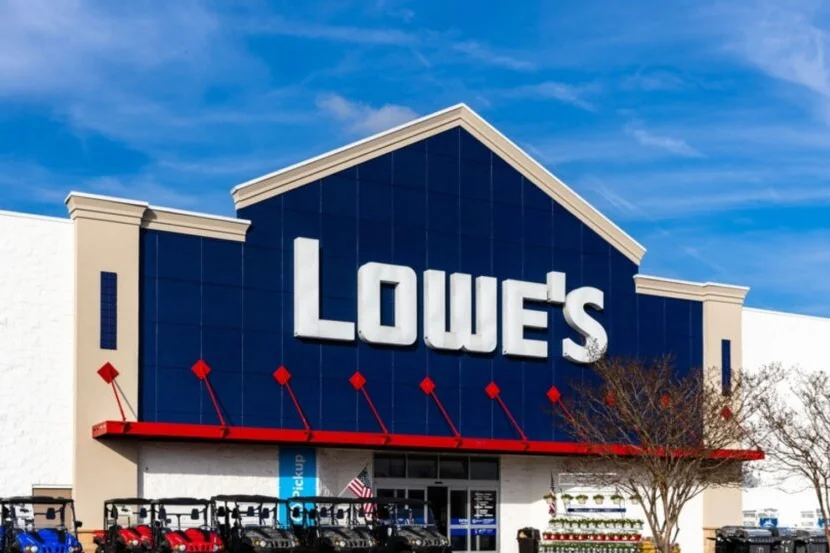Copyright Entrepreneur

When I first met my chief of staff, Bojana, she told me about her experience growing up in Serbia. Like many people outside the traditional centers of global finance, she never had access to the full range of banking and investment opportunities that people in New York, London or San Francisco take for granted. Credit was limited, mortgages were difficult and opportunities to invest in global markets were almost non-existent. For Bojana, and for billions of others in emerging economies, traditional finance has always felt like a system designed for someone else. This is why tokenization matters. The digital revolution did not just change how we do business. It redefined ownership itself. The most powerful innovation of our time is not simply that information, music or even money can be turned into code, but that these assets can now be represented and exchanged in ways that bypass the limits of traditional finance. Tokenization represents a once-in-a-generation opportunity to open access to people who have been excluded for decades. Ownership today is no longer about physical possession. Tokenization makes ownership verifiable, portable and divisible. Consider real estate. In the past, a property deed in Belgrade or Lagos might have been locked away in a government archive, accessible only to banks or the wealthy. Now, that same property can be tokenized and divided into thousands of shares, opening investment opportunities to people everywhere. Someone in Serbia or Nigeria could invest alongside someone in London. Related: The $16 Trillion Revolution That’s Unlocking the Next Generation of Finance This change matters most in emerging markets, where traditional financial infrastructure often lags behind. Billions of people remain unbanked or underbanked, unable to access credit or investment products that are standard in the West. The most obvious and immediate application of tokenization is in remittances. Stablecoins enable migrant workers to send money home reliably, without losing up to 10% in fees — a significant savings for families struggling to make ends meet. The same applies for businesses: as commentators have noted, Indian companies are using stablecoins like USDT on TRON or Polygon to bypass delays and FX losses, enabling them to employ freelancers anywhere in the world. Tokenization allows them to leapfrog those barriers. Yet its most significant benefit isn’t in moving money to the financially disadvantaged, but in helping them out of poverty. For example, a young entrepreneur in Belgrade can crowdfund by issuing tokens to a global community. An artist in Manila can sell their work through Mirror and engage directly with fans worldwide. A farmer in Kenya could tokenize future crop yields and raise capital without depending on local lenders charging predatory rates. Related: The Future of Finance Won’t Be Built on Innovation Alone — Here’s What It Will Depend On Instead The same transformational benefits apply upstream, in education. Students can crowdfund tokenized scholarships, while universities can tokenize endowments, creating radical new funding structures and to rebuild in a more open, digital way. On a more personal level, families can raise support for medical costs, not only bypassing local limits to capital access but also enhancing the security of sensitive medical information. Not everything has to be a matter of life and death, however. Perhaps the most compelling on-ramp for mass tokenization adoption is in the consumer sphere. The demand for personalization has already reshaped expectations everywhere. Tokenization goes further by transforming static goods into programmable assets. Once represented digitally, they can carry layers of value such as access rights, time-based promotions or services that travel with the asset itself. Companies that continue to sell static products will find themselves trapped in outdated models. Those who embrace dynamic ownership experiences will become the leaders of tomorrow. Gaming offers a glimpse of what this future looks like. In-game assets, once nothing more than pixels, can now be NFTs, legally owned by players. These assets can be traded or transferred across games, creating vibrant marketplaces and new forms of community. Online gaming universes like Illuvium, for example, enable players to trade in-game resources such as land and fuel, and to take them from one game to another. By enabling value to flow between parties, it creates a real, concrete economy where anyone can participate, generating some $72M in ‘land’ sales in 2022 alone. Gamers in Southeast Asia already earn a livelihood through play-to-earn ecosystems, proving that tokenization can rewrite the rules of work and ownership. Related: How Traditional Institutions Can Lead the Next Phase of Blockchain Finance Loyalty programs are another example. Instead of points locked in a single airline or brand, tokenized rewards can be verified and used across platforms. Imagine someone in Serbia earning travel miles and then being able to trade them for digital goods or services elsewhere in the world. What begins as a loyalty scheme becomes a portable financial asset. In the creative industries, the impact is equally transformative. Tokenization finally allows artists everywhere to capture more of the value they create. An independent musician in Belgrade does not have to depend on Western platforms to distribute music or get paid. By putting their work on-chain, they can sell directly to fans, create new revenue models and build resilient communities around their art. The moat around a business is no longer just the quality of its product; it is about the economic opportunities it creates for its users. That’s what’s so radical about tokenization: these new marketplaces, communities and even digital universes are the foundation for a renewal of capitalism based on equal access and opportunity for all. Some call this Web3, others call it decentralization. The name does not matter. What matters is that tokenization offers inclusion at a scale traditional finance never has. This is not about becoming a blockchain expert. It is about recognizing that ownership itself is being rewritten. Global corporations and banks are building blockchain services, but the beauty of tokenization is that it is not limited to them. It is available to anyone with an internet connection. That makes it a revolution not just for the West, but for the billions who have been left outside the gates of traditional finance. Related: Why AI and Blockchain Are About to Transform the Way We Talk About Compliance Tokenization is not speculation. It is a transformation. It is a tool that will empower the next generation of entrepreneurs, artists and communities, from Belgrade to Bangalore to Bogotá. It is how we can finally build an economy that does not exclude people like Bojana, but one that gives them the same opportunities as anyone in the world. Above all, tokenization is the superpower that allows us to own our future.



